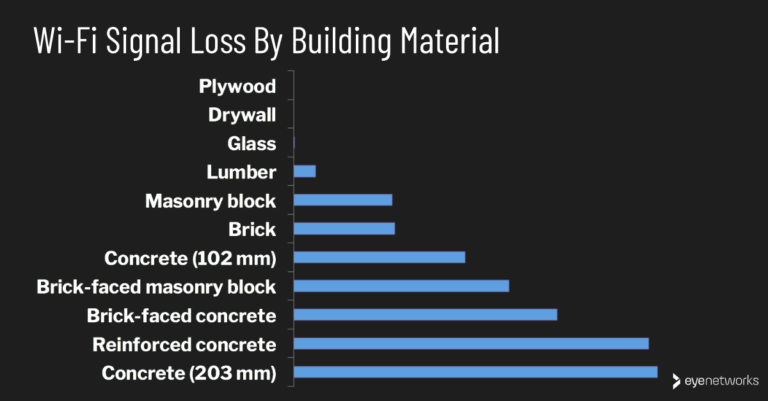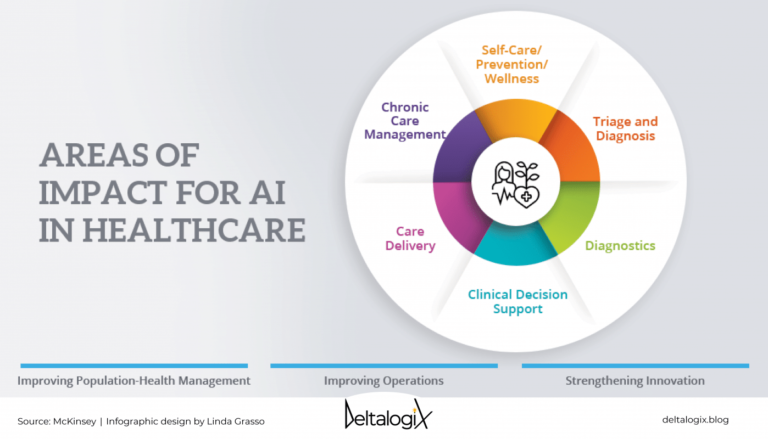Which Doctor Is Best For Skin Problems?
When it comes to skin problems, it is important to choose the right doctor for the best care and treatment. Depending on the type and severity of the issue, the doctor you choose will vary. For instance, if you have a serious skin condition such as eczema or psoriasis, you would want to see a dermatologist. Dermatologists specialize in treating skin, hair, and nail conditions. For more common skin problems such as acne or itchiness, a primary care doctor or even a family doctor can provide care. It is important to discuss your symptoms with your doctor and get their advice on what the best course of action is.
What to Look for in a Skin Doctor
Having skin problems can be a very uncomfortable and overwhelming experience. It is important to find the right doctor to help you treat any skin condition you may be experiencing. Unfortunately, there is no one-size-fits-all answer when it comes to choosing the best doctor for skin problems. Each doctor has their own unique qualifications, experience, and specialties. To find the best doctor for your skin problems, you should consider the following factors:
Education and Credentials: When selecting a doctor, you should look for one who is licensed and certified to practice medicine in your state. Additionally, you should check to see if they have specialized training in dermatology or a related field.
Experience: While all doctors must go through extensive training, individual experience can vary greatly. It is important to consider how long a doctor has been practicing, and if they have any additional certifications or specialties.
Location: You should also consider the proximity of the doctor’s office to your home or work. If you will need to travel to reach your doctor, it is important to make sure you can do so easily.
Cost: It is important to know how much the doctor’s visit will cost before you make an appointment. Some doctors charge an hourly rate, while others may offer a flat fee.
Patient Reviews: Check out patient reviews to get a better understanding of how a doctor treats their patients. Patient reviews can provide insight on a doctor’s bedside manner and their ability to effectively diagnose and treat skin problems.
By taking the time to research and consider these factors, you can be sure to find the best doctor for your skin problems.
Types of Skin Doctors
When it comes to skin problems, it can be hard to know which type of doctor is best to consult. The type of doctor you choose will depend on your skin condition and the severity of your symptoms. Some of the most common types of skin doctors include Dermatologists, Allergists, and Plastic Surgeons.
Dermatologists are highly trained medical professionals who specialize in the diagnosis and treatment of skin conditions. They can treat skin disorders, allergies, acne, warts, and even skin cancers. Dermatologists also provide cosmetic services such as laser treatments, chemical peels, and Botox injections.
Allergists specialize in the diagnosis and treatment of allergies and skin conditions. They are experienced in diagnosing and treating conditions such as eczema, hives, and contact dermatitis. Allergists are also trained to manage drug and food allergies.
Plastic surgeons specialize in cosmetic procedures to improve the appearance of the skin. They often perform procedures such as laser treatments, skin tightening, liposuction, and laser hair removal. Plastic surgeons are also capable of performing reconstructive surgery to repair skin damage or deformities.
When choosing a doctor to treat your skin condition, it is important to research each type of doctor and select one that is best qualified to treat your needs. Consulting with more than one type of doctor may be beneficial if you are unsure which type of specialist to see.
Common Skin Problems
When it comes to skin problems, there are many different types that can affect people, and it’s important to know which doctor is best for each. Common skin problems include acne, eczema, and psoriasis, which can be treated by a dermatologist. Acne is an inflammatory condition that affects the skin, especially the face, and is characterized by redness, swelling, and often pus-filled pimples. Eczema is a chronic skin condition characterized by inflamed, itchy, scaly, and red patches on the skin. Psoriasis is a chronic skin condition that is characterized by patches of red, scaly skin. All of these conditions require specialized care, so it’s important to see a dermatologist if you are experiencing any of them. Dermatologists are medical doctors that specialize in treating and diagnosing skin problems. They are familiar with the latest treatments and therapies for skin disorders and can provide advice and guidance on the best course of action for each individual. When it comes to skin problems, it’s best to consult a dermatologist for the best advice and treatment.

Benefits of Seeing a Skin Doctor
Seeing a skin doctor is beneficial for those experiencing skin problems or issues. A skin doctor is trained to diagnose and treat a wide range of skin conditions, including allergic reactions, rashes, moles, skin cancer, psoriasis, and more. They can provide medical advice on how to best treat and manage skin issues. Skin doctors also provide cosmetic procedures such as fillers, laser treatments, and other procedures to minimize the appearance of wrinkles and other signs of aging.
Benefits of seeing a skin doctor include the ability to get accurate diagnoses, access to the latest treatments, and the chance to get personalized advice and care. Skin doctors can provide tailored treatment plans that address the underlying cause of skin problems and target their symptoms. They can also provide advice on how to prevent skin issues from occurring in the future. In addition, skin doctors can help reduce the risk of scarring or other complications from skin surgeries or treatments. Lastly, seeing a skin doctor can provide peace of mind knowing that you are being treated by an expert in the field.
Questions To Ask Your Doctor
About Skin Issues
When it comes to skin problems, it can be difficult to know which doctor is best for you. It’s important to ask the right questions to make sure you get the best treatment possible. Here are some questions you should ask your doctor if you are facing skin problems:
1. What is the underlying cause of my skin issue? It is important to understand the root cause of your problem so that you can make an informed decision about treatment.
2. What are the available treatments for my skin problem? Knowing the available treatments can help you make an informed decision about which is best for you.
3. Are there any lifestyle changes I should make to help manage my skin issue? Depending on your skin issue, lifestyle changes can help manage or even cure the problem.
4. What are the possible side effects of the treatment? Knowing the possible side effects of the treatments can help you make an informed decision about which one is best for you.
5. How often should I follow up with my doctor? Follow-up visits are important for monitoring the progress of your skin issue.
By asking the right questions, you can make sure you are getting the best care possible for your skin issues. This will help you make an informed decision about which doctor is best for you.
Finding the Right Skin Doctor
When it comes to skin care, finding the right doctor is essential. Skin problems can range from mild to severe, and the right doctor can make all the difference in the outcome of your treatment. But, with so many different types of doctors specializing in skin care, how do you know which one is best for you?
Dermatologists are the experts when it comes to skin health and treatment. They are qualified to diagnose and treat all types of skin conditions, including acne, eczema, psoriasis, and skin cancer. They are also experienced in performing skin surgeries, such as Mohs surgery, and can provide cosmetic treatments, like laser resurfacing and fillers.
Cosmetic surgeons specialize in aesthetic procedures for the face and body. They can perform a variety of surgeries, such as rhinoplasty and liposuction, as well as injectables, like Botox, to reduce wrinkles. While they are experienced in improving the look of the skin, they do not diagnose or treat skin conditions.
Primary care physicians, such as family doctors and pediatricians, are usually the first stop for skin problems. They can diagnose and treat simple skin conditions, such as sunburns and rashes, and can refer patients to a dermatologist when necessary.
Depending on your skin condition, you may need to see multiple types of doctors for the best treatment. For instance, if you have a skin condition that requires surgery, you may need to see both a dermatologist and a cosmetic surgeon. When choosing a doctor for skin problems, be sure to do your research and find someone who is experienced and qualified in the type of care you need.
FAQs About the Which Doctor Is Best For Skin Problems?
Q1. What qualifications should I look for when selecting a doctor for skin problems?
A1. You should look for a doctor who is board-certified in dermatology or a subspecialty such as Mohs surgery or allergy dermatology. It is also helpful to look for a doctor who is experienced in treating skin problems similar to yours.
Q2. How do I know if my doctor is qualified to treat my skin problem?
A2. It is important to ask your doctor about their experience with skin problems and what qualifications they have in the field of dermatology. You can also research the doctor’s credentials online.
Q3. What should I expect from a visit to a doctor for skin problems?
A3. During a visit to a doctor for skin problems, you can expect to have a physical examination of the affected area, discuss your medical history, and have a discussion about potential treatments. Your doctor may also take a sample of the affected area to be tested in a lab.
Conclusion
When it comes to skin problems, it is important to find a doctor who is experienced and knowledgeable in the treatment of skin conditions. A dermatologist is the best specialist for skin problems, as they are experts on the skin and its diseases. Additionally, a general practitioner or family doctor can be a great source of information and treatment for certain skin issues. Ultimately, the best doctor for skin problems depends on the type and severity of the condition being treated.




